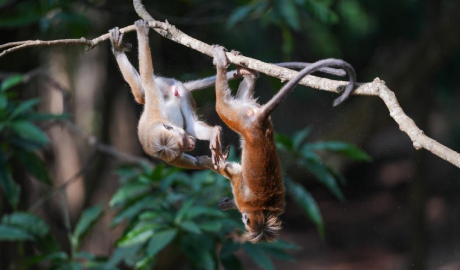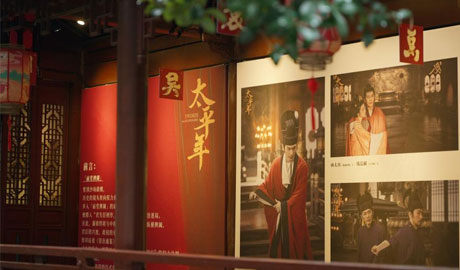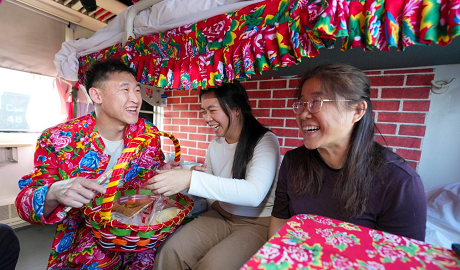

On August 14, the women’s flag football group stage kicked off at the World Games. Perhaps due to its upcoming debut as an official Olympic sport at the 2028 Los Angeles Olympics, the event attracted a large audience. In the afternoon, when the match between China and Canada began, the atmosphere reached its peak.
Meanwhile, just a few kilometers away, the Chinese and American teams were locked in an intense group stage match of team disc golf on the athletics field. Players fiercely competed while spectators watched with great enthusiasm.
Many sports at this World Games were unfamiliar to audiences, such as korfball, fistball, lacrosse, and racketball.
The World Games primarily features non-Olympic sports, ranging from lesser-known events to familiar ones. Throughout its history, some sports like badminton, taekwondo, women’s weightlifting, and triathlon transitioned from the World Games to the Olympics. Others, such as breaking and baseball/softball, entered the Olympics temporarily before returning to the World Games. Notably, the Chengdu World Games introduced new events like flag football, softball, lacrosse, and squash—all set to debut at the 2028 Los Angeles Olympics.
Diversity and inclusivity define the World Games' greatest appeal and represent its core value as a multi-sport event.
Unlike many Olympic sports requiring specialized facilities and advanced skills, numerous World Games disciplines are more accessible to the public. Team disc golf, for instance, features simple rules, affordable equipment, and minimal space requirements. Similarly, floorball demands little space and has a low technical barrier, making it ideal for children. Clubs promoting such sports for youth have already emerged in cities like Shanghai.
Interactive zones for public participation were set up across multiple venues. The enthusiastic engagement demonstrated the potential for these sports to gain popularity in China, with some already establishing strong foundations regionally.
In fact, World Games sports like disc golf, billiards, and squash gained traction in China years ago. Floorball and fistball may soon follow. Before the Games, Chengdu organized various trial events, and post-Games venues like the Sancha Lake Ma’anshan Venue will continue offering public activities such as kayaking and water skiing.
While the Olympics emphasize elite competition, the World Games prioritizes inclusivity and innovation, serving as a testing ground for emerging sports. Disciplines like sport climbing and skateboarding successfully transitioned to the Olympics, highlighting the World Games' role in advancing sports evolution. Moreover, its emphasis on “solidarity, inclusivity, and diversity” attracts athletes and audiences across cultures.
Notably, this edition introduced events like adaptive freediving and adaptive jiu-jitsu, while the para archery competition concluded on the 9th marked the first time para and able-bodied athletes competed side by side at the World Games. As Chinese adaptive freediving gold medalist Long Dengxi shared, training alongside able-bodied athletes allowed him to refine techniques like underwater breathing, diving maneuvers, and mental conditioning.
Dong Fanchuang, coach of China’s national adaptive freediving team, noted the event’s debut provides a crucial platform to promote this niche sport.
Integrating para and able-bodied athletes not only expands opportunities for para athletes and fosters inclusion but also signifies a major step toward greater inclusivity and diversity in international multi-sport events.
Contributed by Wang Dong, Guangming Daily reporter
Translated by Zhang Zhou

Various festive events held across China to celebrate upcoming Chinese New Year


Hit epic drama sparks interest in lesser-studied chapter of ancient Chinese history

Lanterns hoisted to mark upcoming Chinese New Year in Hong Kong

"In-train fair" launched in NE China's Heilongjiang amid Spring Festival travel rush
点击右上角![]() 微信好友
微信好友
 朋友圈
朋友圈

请使用浏览器分享功能进行分享
